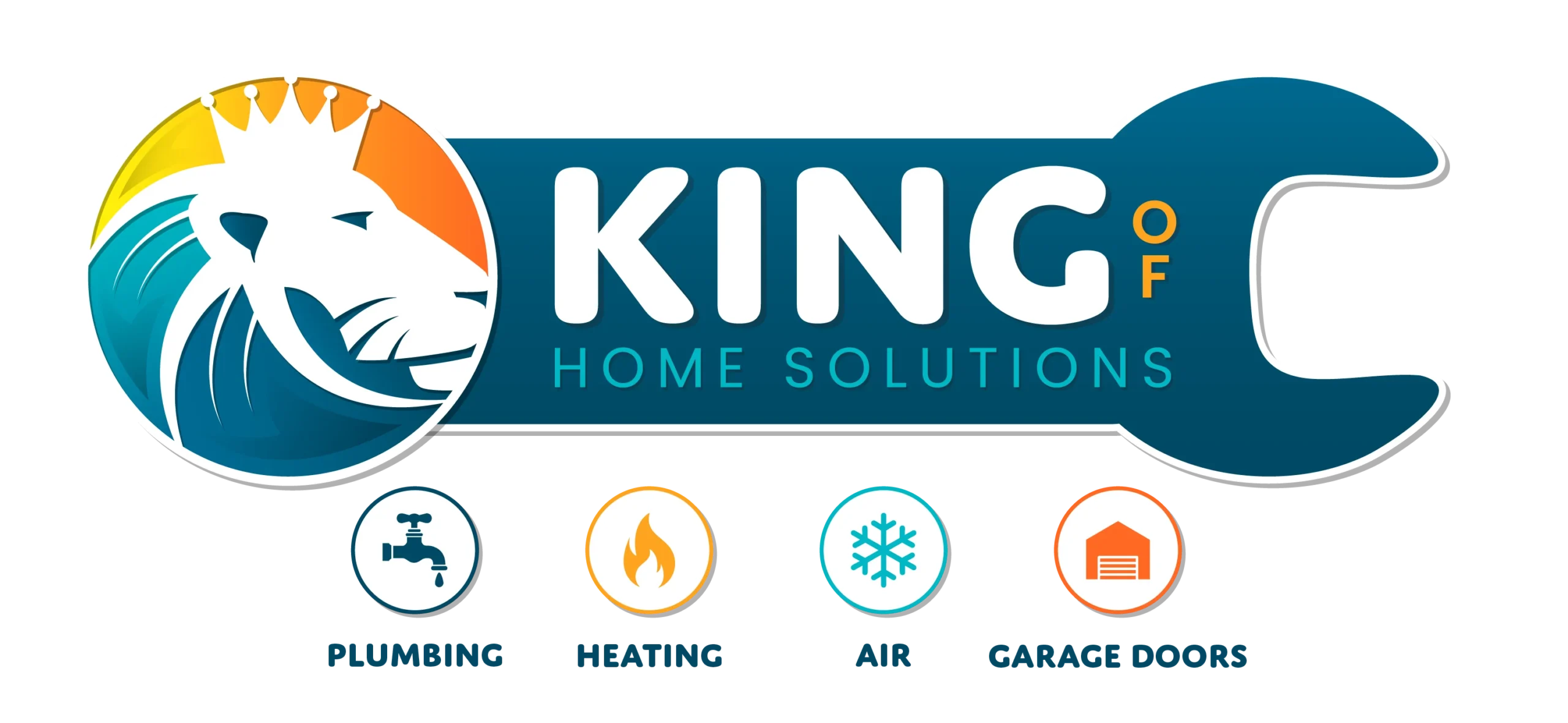5 Signs to Spot Clogged Drains Early
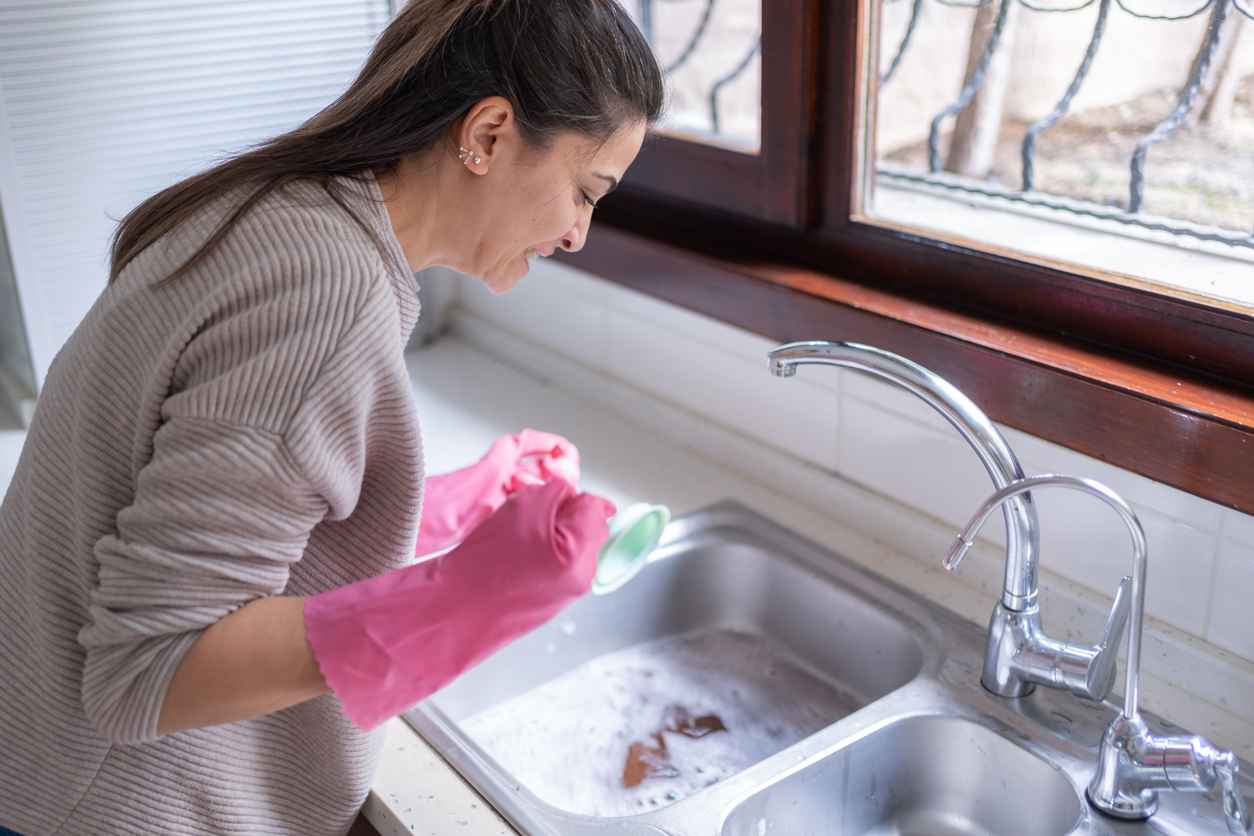
5 Signs to Spot Clogged Drains Early
A clogged drain might seem like a small inconvenience, but it can quickly turn into a major plumbing headache. What starts as water draining a little too slowly can lead to backups, bad smells, and even damage to your home. Many homeowners don’t realize that drains usually give warning signs before they become fully blocked.
By spotting these signs early, you can save yourself from costly repairs and stressful cleanups. The good news is that most drain problems are easy to identify if you know what to look for. In this blog, we’ll cover five clear signs that your drains may be clogged and explain why acting quickly is the best solution.
Why Spotting Drain Clogs Early Matters
Clogs don’t usually appear overnight — they build up slowly as grease, hair, food scraps, and other debris collect inside your pipes. At first, the signs may seem minor, but over time the blockage grows and causes bigger problems. Ignoring these early warnings can lead to water backups, leaks, or even burst pipes, which are far more expensive to repair. In some cases, severe clogs can also create health hazards by allowing bacteria and foul odors to spread through your home. By spotting clogs early, you can take quick action to fix the issue before it escalates. Staying proactive saves money, time, and stress in the long run.
5 Signs of a Clogged Drain
Clogged drains rarely happen without warning. Most of the time, your plumbing will give you signals that something is wrong before the problem becomes severe. Paying attention to these early signs can help you take care of clogs quickly and avoid messy, expensive repairs.
1. Slow Draining Fixtures
If your sink, shower, or bathtub is taking longer than usual to drain, it’s often the first sign of a clog. This usually means buildup is starting to restrict the flow of water.
2. Frequent Clogs
Dealing with clogs that keep coming back in the same drain? That’s a clear indicator of a deeper blockage in your pipes that needs more than a quick fix.
3. Bad Odors from Drains
Foul smells coming from your sink or shower drain can signal that food particles, grease, or debris are stuck in your pipes. Over time, this buildup begins to rot and release unpleasant odors.
4. Gurgling or Bubbling Sounds
When drains or toilets make bubbling or gurgling noises, it means air is trapped in the pipes because of a clog. This is a warning sign that pressure is building and the problem is worsening.
5. Water Backing Up
The most obvious sign of a clogged drain is water pooling in sinks, tubs, or toilets. This usually means the blockage is severe and needs immediate professional attention.
DIY Solutions vs. Professional Help
Some clogged drains can be handled with simple tools and techniques, but others require a plumber’s expertise. Knowing the difference can save you time, money, and frustration while preventing further damage to your pipes.
DIY Fixes
- Use a plunger for small, localized clogs in sinks or toilets.
- Try a hand-crank drain snake for minor blockages in tubs or showers.
- Flush drains with boiling water to help clear grease buildup.
- Avoid harsh chemical cleaners, as they can damage your plumbing over time.
When to Call a Professional
- Clogs that keep returning even after DIY attempts.
- Multiple drains in your home showing signs of blockage at the same time.
- Water backing up into sinks, tubs, or toilets.
- Sewer line problems, especially if you notice foul odors or gurgling sounds throughout the house.
Tips to Prevent Future Clogs
The best way to deal with clogs is to stop them before they form. With a few simple habits and preventive steps, you can keep your drains clear and avoid the hassle of unexpected plumbing issues.
- Avoid pouring grease or oil down the drain: These substances harden inside pipes and create tough blockages.
- Use drain strainers in sinks and tubs: Catch hair, food scraps, and other debris before they enter your plumbing.
- Flush drains with hot water regularly: This helps wash away buildup and keeps pipes flowing smoothly.
- Be mindful of what you flush: Only toilet paper should go down the toilet — wipes, paper towels, and hygiene products can cause major clogs.
- Schedule routine plumbing maintenance: A professional inspection can spot early problems and keep your system in good shape.
Protect Your Home with King of Home Solutions
Clogged drains are more than just a nuisance — they can quickly lead to water damage, foul odors, and costly plumbing repairs if left untreated. By watching for early warning signs like slow drains, strange noises, or frequent clogs, you can take action before problems get out of hand. Pairing preventive habits with timely professional service ensures your home’s plumbing system stays reliable.
At King of Home Solutions, we provide expert drain cleaning and plumbing services to keep your home safe and comfortable. Whether you’re dealing with a stubborn clog or want to prevent future issues, our team is here to help. Contact us today for fast, dependable service you can count on.
Recent News
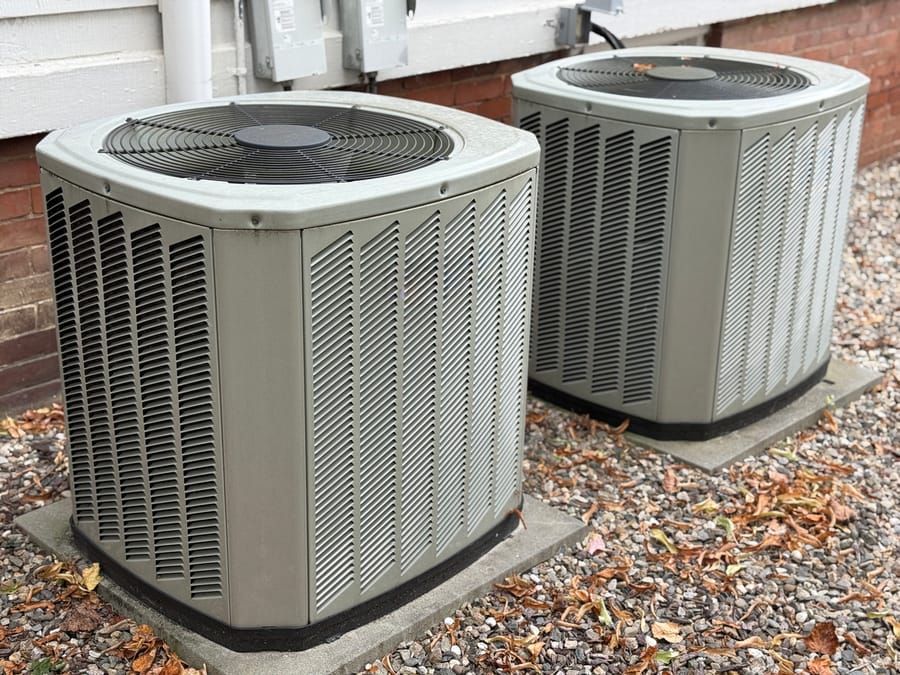
The Ultimate Jacksonville HVAC Buyer’s Guide: What to Know Before You Buy
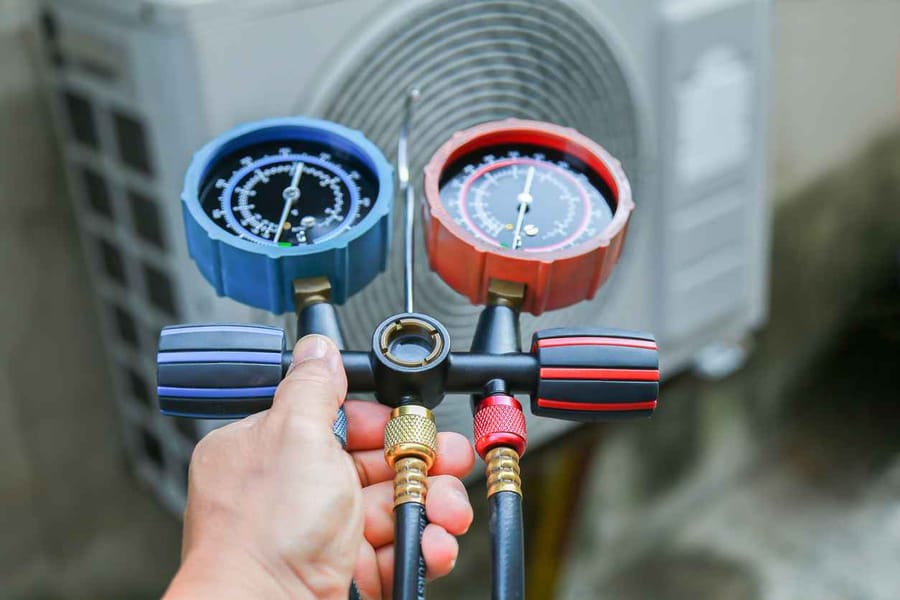
What Florida Homeowners Need to Know About AC Refrigerant Changes in a Hot, Humid Climate
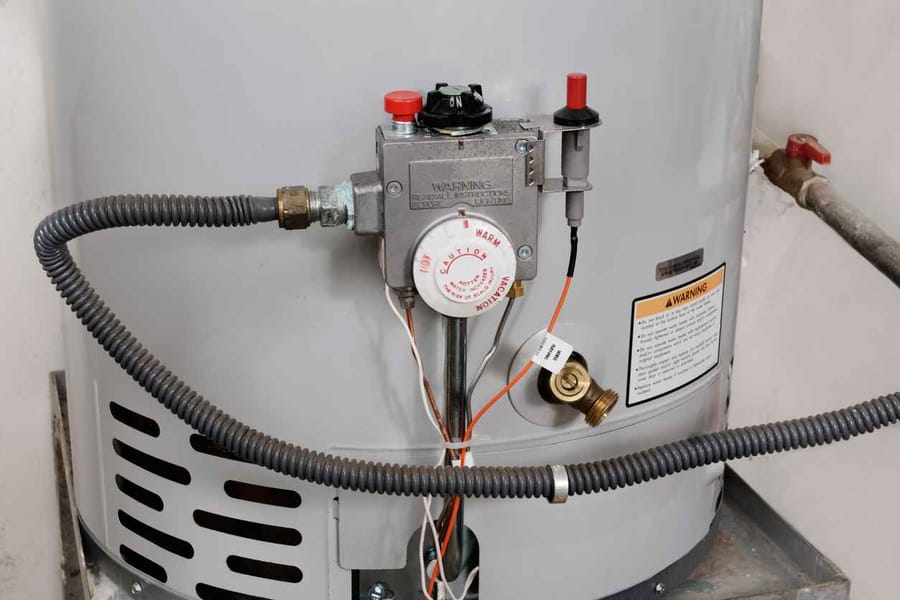
How to Tell When It’s Time to Replace Your Water Heater in Florida
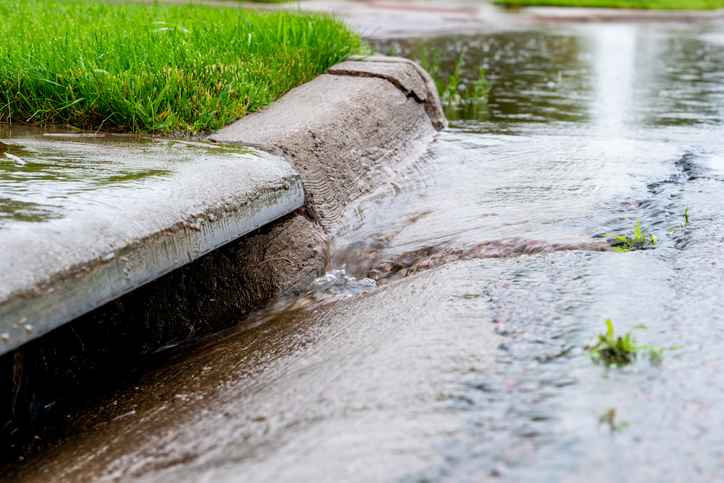
Why Jacksonville Homes Face More Plumbing Issues After Heavy Rain
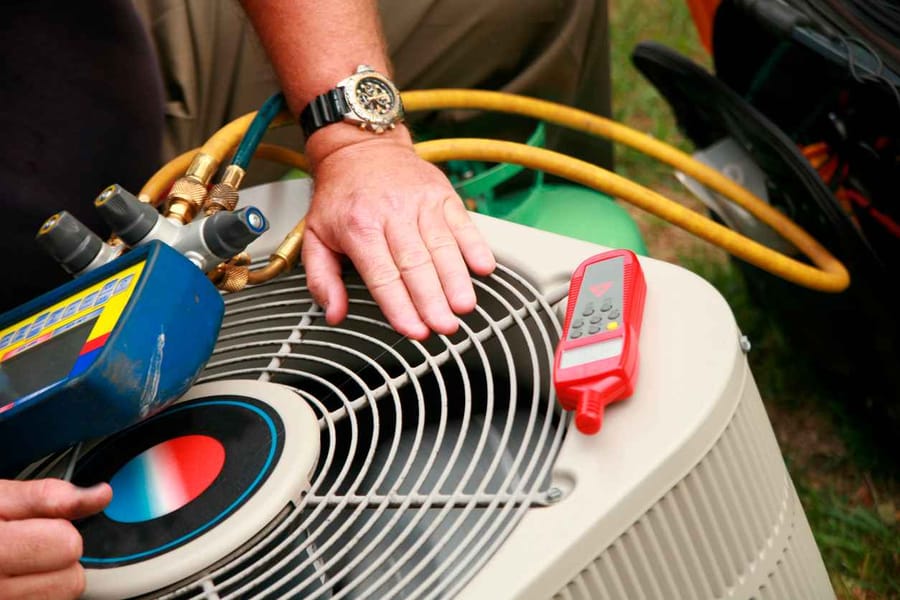
Monthly HVAC & Plumbing Maintenance Checklist to Avoid Big Repairs
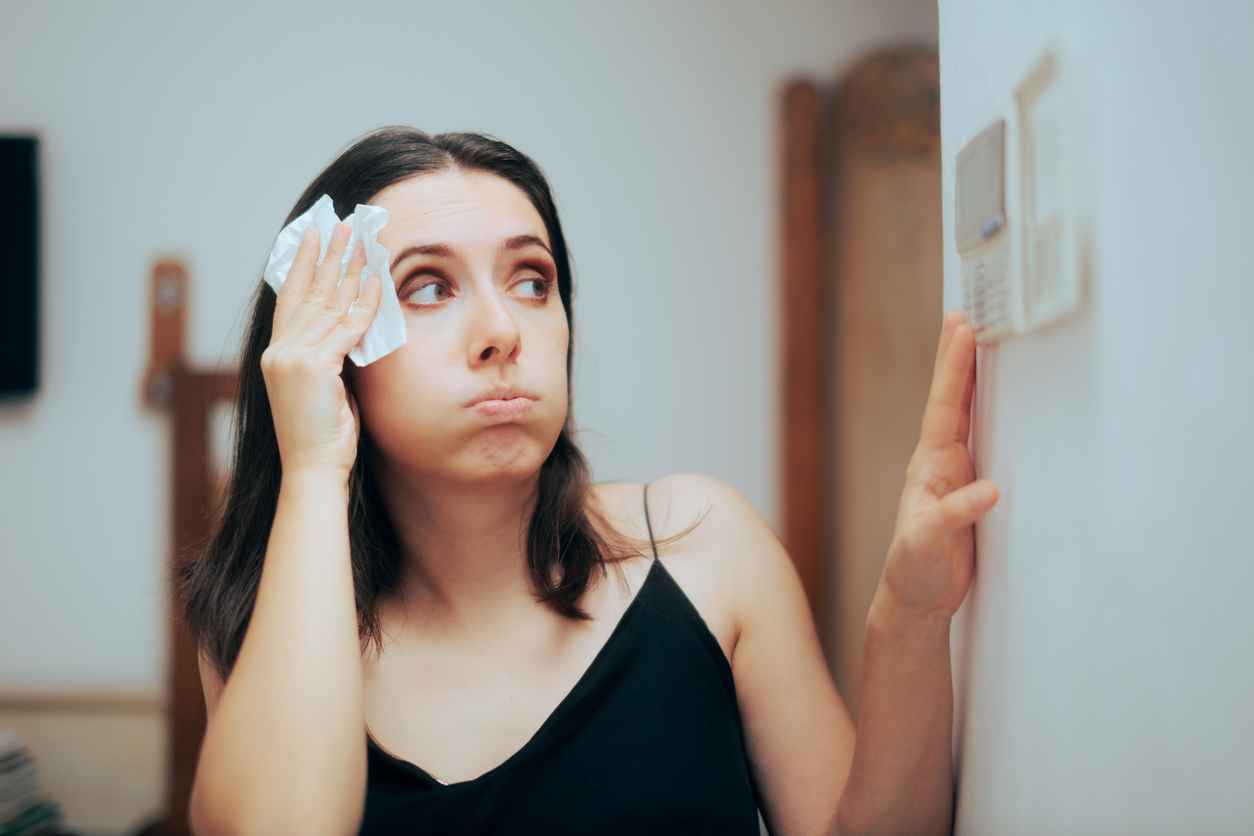
What to Do When Your AC Stops Working in 90° Heat
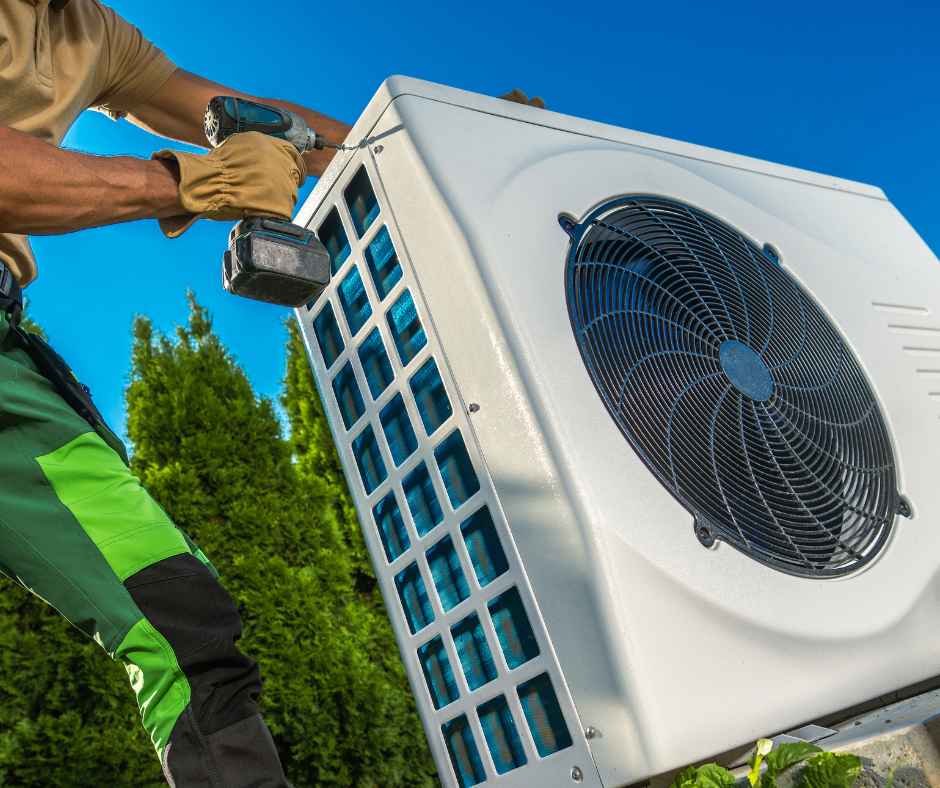
Energy Tax Credits for HVAC and Plumbing: What Homeowners Need to Know
Get in Touch
